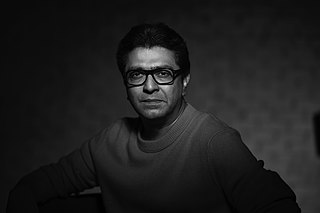A Quote by Daniel Goldstein
When a number of crimes - for instance, burglaries - can be linked to the same offender, police often plot the locations on a map. The art of finding the location of the criminal's home based on the crime sites is a key objective in what is known as geographical profiling.
Related Quotes
The goal is not to just have rapists expelled from schools. I don't want rapists transferring schools. I don't want them out there, being able to commit these crimes. I want them to go to prison. But if you understand this crime and you understand what happens in the reporting of this crime and the support that a victim does or does not get, you realize that our legislation increases the likelihood that a young woman will go to the police in a timely manner and that the police will investigate and that they will be able to administer real justice in the criminal system.
In existing criminology there are concepts: a criminal man, a criminal profession, a criminal society, a criminal sect, and a criminal tribe, but there is no concept of a criminal state, or a criminal government, or criminal legislation. Consequently what is often regarded as "political" activity is in fact a criminal activity.
Here's the truth you have to wrestle with: the reason that art (writing, engaging, leading, all of it) is valuable is precisely why I can't tell you how to do it. If there were a map, there'd be no art, because art is the act of navigating without a map. Don't you hate that? I love that there's no map.
Our emphasis here is based not only on the growing seriousness of drug-related crimes, but also on the belief that relieving our police and our courts from having to fight losing battles against drug use will enable their energies and facilities to be devoted more fully to combating other forms of crime.
Home is a blueprint of memory...Finding home is crucial to the act of writing. Begin here. With what you know. With the tales you've told dozens of times...with the map you've already made in your heart. That's where the real home is: inside. If we carry that home with us all the time, we'll be able to take more risks. We can leave on wild excursions, knowing we'll return home.






































